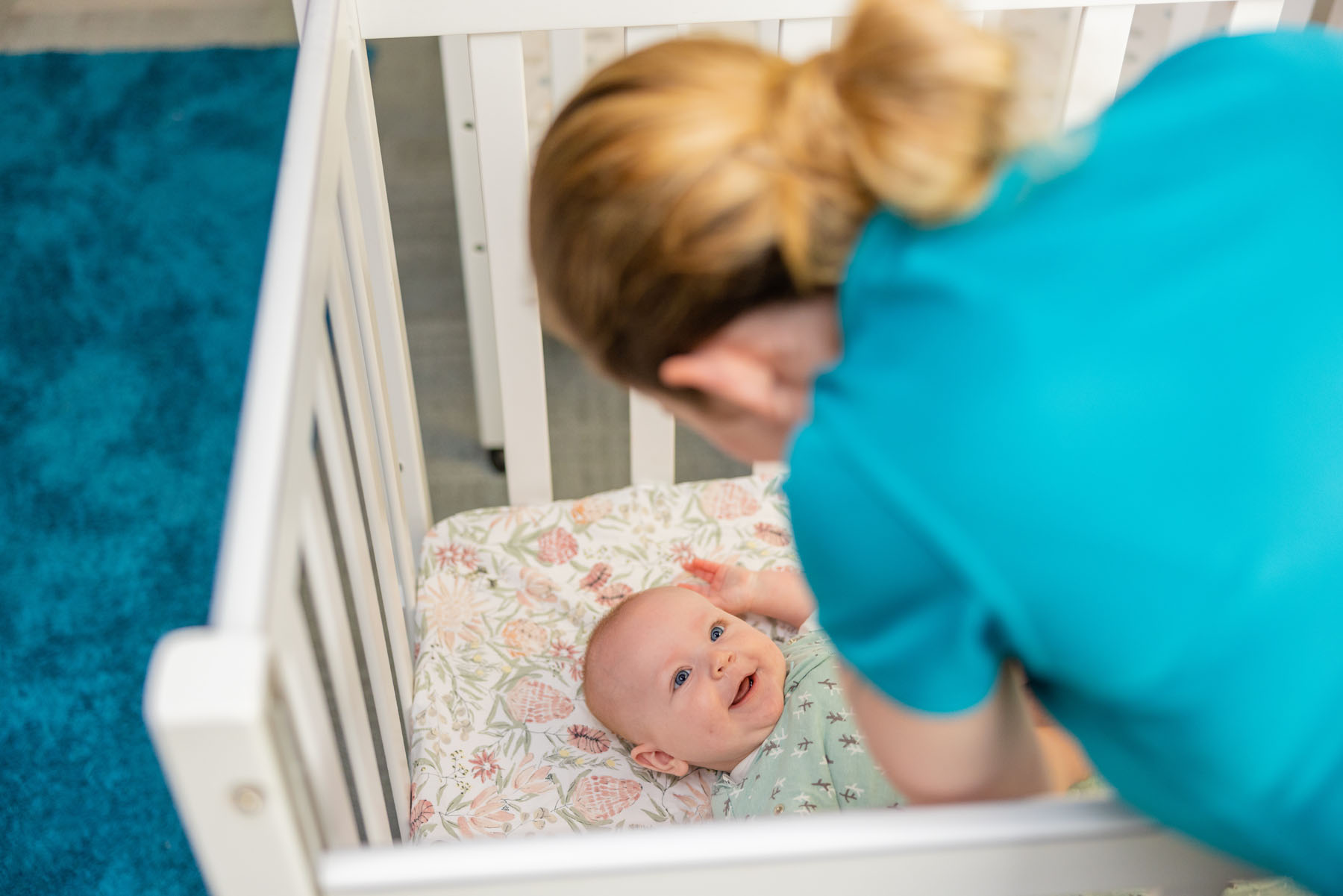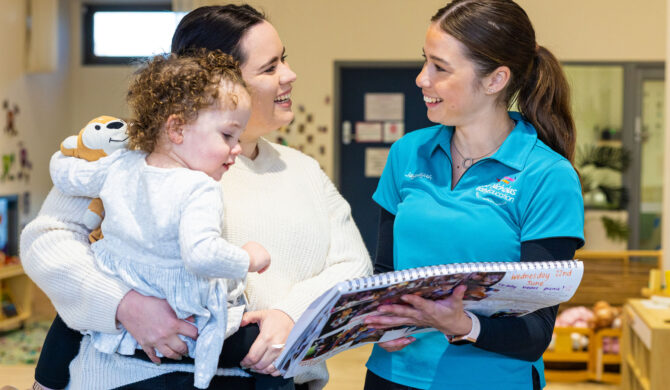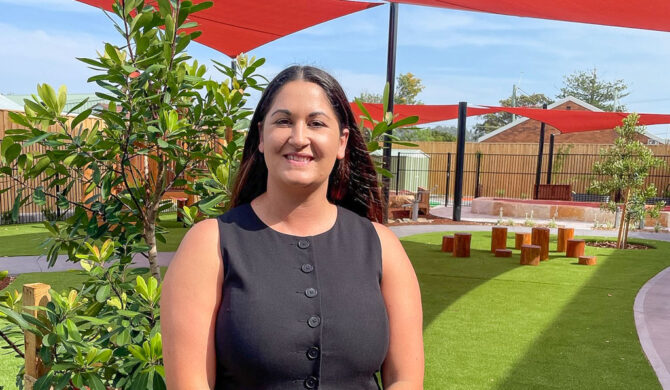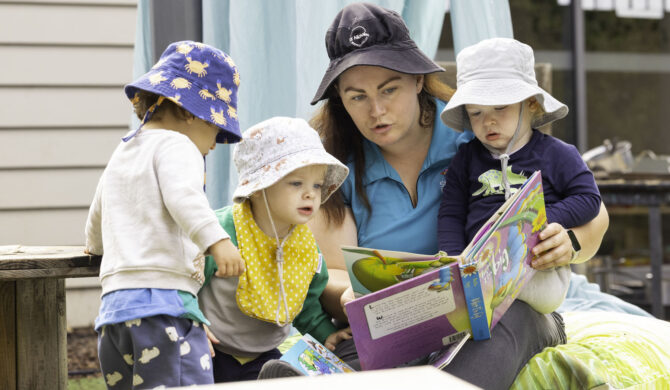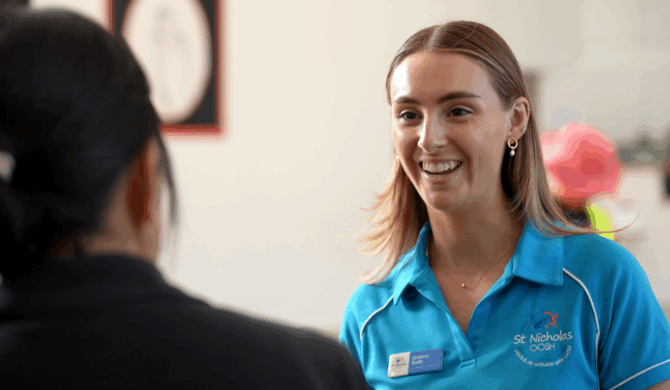Sleep recommendations by age group
Infants (4-12 months)
Infants usually need 12-16 hours of sleep, including daytime naps. As babies grow, they begin to consolidate sleep more at night, though naps remain important.
Toddlers (1-2 years)
Toddlers benefit from 11-14 hours of sleep daily. This age group typically takes one or two naps during the day, with longer, more restful nighttime sleep.
Preschoolers (3-5 years)
By the time children reach preschool age, their sleep needs are reduced slightly to 10-13 hours per day. Daytime naps may become less frequent or shorter, but some children may still benefit.
Why adequate sleep is important
Sleep in early childhood is vital for brain development, emotional regulation, and physical growth. Poor sleep or lack of sleep can lead to behavioral issues, difficulties in learning, and even impacts on immune function.
Establishing healthy sleep habits early on helps ensure children grow up with a solid foundation for long-term well-being.
NSW Health emphasises the importance of creating a consistent sleep routine in a calm sleep environment and recognising the signs of sleep deprivation, such as irritability or hyperactivity, in young children. By following these guidelines, parents can help their children get the rest they need for optimal development.
Here are some tips to consider from a range of sources to help foster a healthy sleep routine:
- Establishing a Bedtime Routine: Creating a consistent and calming bedtime routine helps children transition into sleep more easily. This may include activities like a warm bath, reading, or soft music before bed, ensuring that the environment is conducive to rest.
- Sleep Environment: Ensuring a comfortable and safe sleep environment is essential. The child’s room should be cool, quiet, and dark, with minimal distractions.
- Impact of Screen Time: For preschoolers, minimising screen time, especially before bed, is important. Blue light from devices can interfere with the production of melatonin, the sleep hormone, making it harder for children to fall asleep.
- Daytime Activities: Regular physical activity during the day can help children sleep better at night. However, overly stimulating activities should be avoided close to bedtime.


